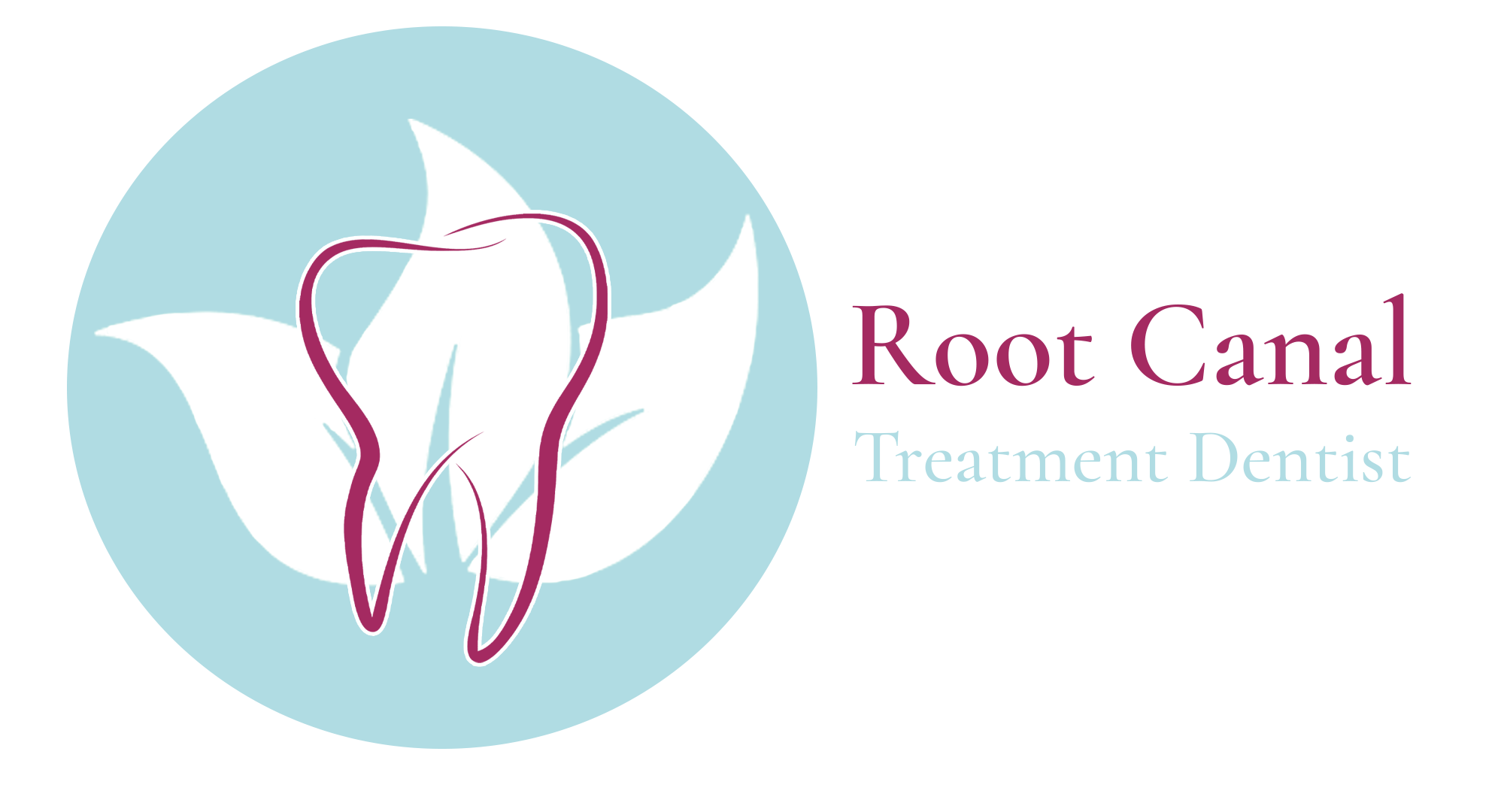
Root Canal Retreatment
Most teeth that have had root canal therapy (endodontic treatment) can last as long as other natural teeth with appropriate care.
However, in some instances, a tooth that has received endodontic treatment does not recover. Occasionally, a tooth becomes sore or infected months or even years after treatment has been successful.
You have a second opportunity if your tooth has not healed or has developed new problems. A second procedure, endodontic retreatment, could potentially save your tooth.
Who performs retreatment for endodontics?
All dentists receive root canal treatment training in dental school. Many dentists refer patients in need of endodontic retreatment to endodontists, however, because retreatment can be more difficult than initial treatment.
Endodontists are dentists with a minimum of two years of additional training in diagnosis and root canal therapy. Due to the fact that they limit their practises to endodontics, they encounter these issues daily. Endodontists are trained specialists in both nonsurgical and surgical retreatment. They utilise their specialised training and extensive experience to treat challenging cases, such as teeth with narrow or obstructed canals or unusual anatomy. Endodontists may utilise sophisticated technologies such as operating microscopes, ultrasonics, and digital imaging to provide these specialised services.
Why do I require additional endodontic treatment?
After the initial treatment, a tooth may not heal as anticipated for a variety of reasons, as is occasionally the case with any dental or medical procedure.
Initial treatment did not include treatment of narrow or curved canals.
In the initial procedure, complex canal anatomy was not detected.
After receiving endodontic treatment, the installation of the crown or other restoration was delayed.
The restoration did not prevent contamination of the tooth's interior by saliva.
New decay can expose the filling material in the root canal to microbes, resulting in a new tooth infection.
A crown or filling that is loose, cracked, or damaged can expose the tooth to a new infection.
What will occur during the retreat?
Our endodontist will first discuss your available treatment options. The endodontist will reopen your tooth to obtain access to the root canal filling material if you choose retreatment. In many instances, it is necessary to disassemble and remove crown, post, and core materials to gain access to the root canals.
Risks and Complications
After removing the canal filling, the endodontist can clean the canals and thoroughly examine the interior of your tooth under magnification and illumination, searching for additional canals or unusual anatomy requiring treatment.
The endodontist will fill and secure the canals and place a temporary filling on the tooth once he has completed cleaning the canals. Our endodontist may recommend endodontic surgery if the canals are unusually narrow or obstructed. This procedure entails making an incision to seal the opposite end of the root.
You must return to your dentist as soon as possible after retreatment to have a new crown or other restoration placed on the tooth to preserve and restore its full function.
Is retreat the optimal option for me?
Whenever feasible, natural teeth should be preserved. Teeth that have been treated can function well for decades or even a lifetime.
Your endodontist may employ techniques that were not available when you had your first root canal procedure due to the constant evolution of root canal treatment techniques. With retreatment, your endodontist may be able to resolve your issue.
As with any dental or medical procedure, no guarantees can be made. Before undertaking retreatment, your endodontist will discuss your treatment options and likelihood of success.
What will the cost of the procedure be?
The price varies based on the complexity of the procedure. Your restoration and infill material may need to be removed for the new procedure, making it more complicated than your initial root canal treatment. In addition, your endodontist may have to spend additional time exploring for canal anatomy that is not typical. Consequently, you can generally anticipate that a retreatment will be more expensive than the initial endodontic treatment.
While dental insurance may cover a portion or the entire cost of retreatment, some policies limit coverage to a single procedure per tooth within a specified time frame. Verify your coverage with your employer or insurance provider prior to your retreat.
What alternatives exist to retreatment?
If nonsurgical treatment fails, endodontic surgery should be considered. This surgical procedure involves making an incision to gain access to the root tip. In conjunction with retreatment or as an alternative, endodontic surgery may also be recommended. Your endodontist will discuss your treatment options and recommend the best course of action.
What alternatives are there to endodontic retreatment or endodontic surgery?
The only other alternative is tooth excision. The extracted tooth must be replaced with an implant, bridge, or removable partial denture in order to restore chewing function and prevent displacement of adjacent teeth. These options can be significantly more expensive and time-consuming than retreatment and restoration of the natural tooth, as they require extensive surgery or dental procedures on adjacent sound teeth.
Regardless of how effective tooth replacements are, nothing compares to a natural tooth. You have already invested in the preservation of your tooth. The benefit of selecting retreatment could be a natural tooth that remains healthy and functional for many years.
Treatments

Our patients in North Dublin receive the best general dentistry care. Dublin's top dentist for general dentistry.
View more
Root canal procedures are necessary when the the soft tissue located inside the root canal, becomes irritated.
View more
Our skilled dentists provide the latest aesthetic dentistry techniques to help you obtain a beautiful smile.
View moreGet In Touch
Opening Hours
Monday
7.30am to 10pm
Tuesday
7.30am to 10pm
Wednesday
7.30am to 10pm
Thursday
7.30am to 10pm
Friday
7.30am to 10pm
Saturday
7.30am to 10pm
Sunday
7.30am to 10pm
Late Night Family Dentist, Open 7 Days a Week
Dentist Open in Dublin 365 Days a Year
Dentist Open on Saturdays & Sundays
Dentist Open on Bank Holidays
01 525 2805
Reviews
It is my 3rd time going to see Laura, first time Laura was so helpful, I was very nervous and worried, have had a lot of work done she always reassured me, I'm so glad I listened to her !, I have beautiful teeth and I could not be happier I didn't think it was possible to have a lovely smile ? still continuing with her, she is so lovely and caring and professional, also Sarah too and rest of girls. Thanks so much.
Dr. Laura Fee and the entire team are amazing, so friendly throughout and really reassuring! I recently had a wisdom tooth extraction under sedation and didn’t feel a thing. Everything was explained very clearly and I felt totally comfortable - would recommend this dental practice to anyone, they really do go above and beyond!
After a number of years away from the dentist I bit the bullet and went and so happy I did, Dr. Laura and her team made me feel so relaxed and they provided top-quality service. I didn't even realize the job had been done and to top it off best prices around highly recommended
Visited the clinic myself for the first time today along with my son who was having his first visit to the dentist too. We had a really great experience, Dr. Fee and all of the staff were so friendly, it was a really positive experience! My son even said he had a brilliant time, so that speaks for itself! I would highly recommend the clinic and delighted to have this service in the community!
I don't normally leave reviews but wanted to say thanks so much to Dr Laura for her great work this weekend. I'm quite a nervous patient but she had me completely at ease for my treatment this morning. Also highly recommend for children - her and the nurses were fantastic with my son and his teddy Justin Beaver! They went above and beyond in making sure he had a great experience! he's now so excited for his next six month check and I'm thrilled he won't be growing up with a fear of the dentist! Thanks again!
I couldn't recommend Dr Laura Fee & the Smile Hub Dental Clinic enough. Top class service from someone that previously had a fear of the dentist 🤜 🤛
Couldn’t recommend Dr Laura enough, amazing work done throughout the clear braces process and couldn’t be happier with the results.
My daughter had an accident late at night. When I phoned that night they were able to get her in at 07.30 the next morning. All friendly and helpful staff. Very happy with the dental work care carried out. Would highly recommend.
The team were fantastic. They saw me on Paddys Day for an emergency. Life savers and so friendly. My dentist was incredible. Thank you all!